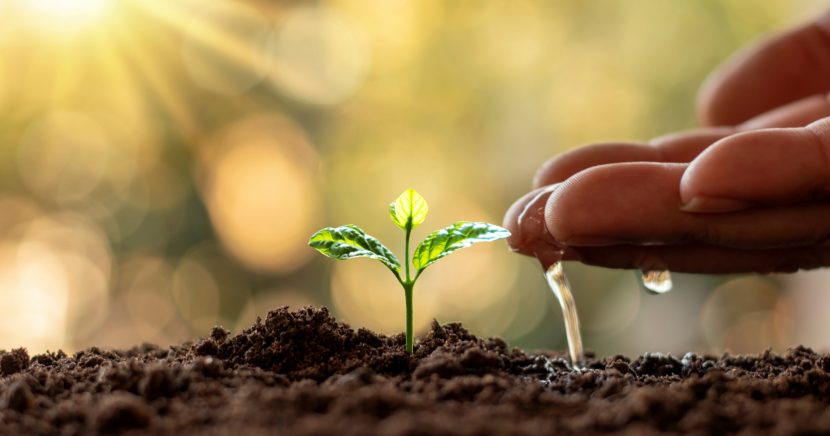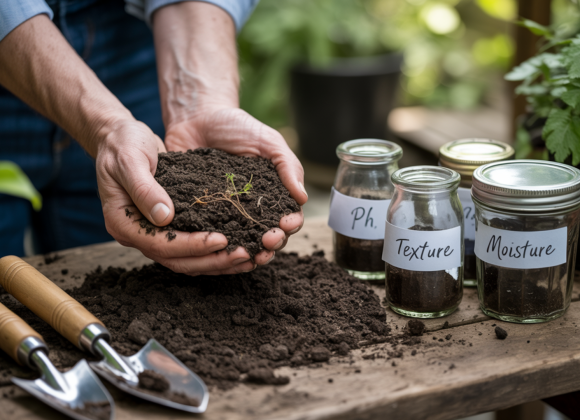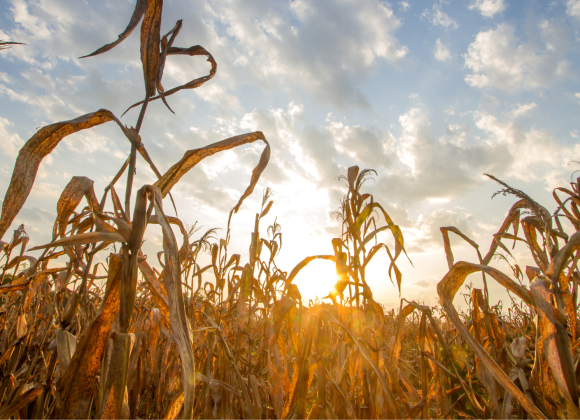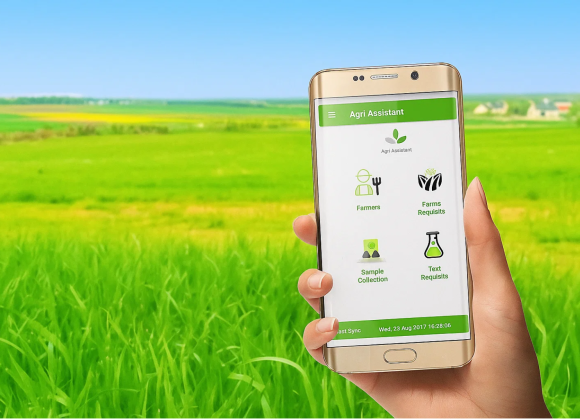“No water, no life. No blue, no green.” Sylvia A. Earle
India is an agricultural land where farming is a major part of life, providing food for millions of people and supporting the economy. Agriculture uses about 80% of the country’s freshwater every year, making it the biggest consumer of water. However, with increasing water shortages, unpredictable monsoons, and a growing demand for irrigation, saving water in farming has become more important than ever. Farmers depend on water to grow crops, but using too much or wasting it can lead to problems like soil damage, water shortages, and lower crop yields. By using smart water-saving techniques, farmers can make the most of every drop while keeping their fields healthy and productive. Conserving water not only helps protect this valuable resource but also ensures that future generations will have enough for farming and food production. In this blog, you will see why water conservation is so important in Indian agriculture and the best ways to achieve it.
Why water conservation is important
Water is needed for agriculture, but in most areas, it is getting more difficult to obtain. Farmers require a consistent supply of water to produce crops, but if water is not conserved, there might not be enough in the future. Conserving water ensures that food can still be produced for all people.
The following are some of the most important reasons why water conservation is necessary in agriculture.
1. Limited water resources
There is very little freshwater for agriculture, and it is being consumed rapidly. When the population increases, more food is required, and therefore more water is consumed. Most rivers, lakes, and groundwater sources are running dry due to excessive water being withdrawn. If farmers do not conserve water, there might not be enough for subsequent crops.

2. Changing Weather Conditions
Climate change is also making the rain unpredictable. Some places receive less rain, while others receive floods. Soils become dried up due to warmer temperatures, and it is more difficult for crops to survive. Conserving water by implementing efficient irrigation and selecting water-conserving crops is how farmers adjust.

3. Drought in agriculture
Long periods of drought cause soil to lose water, leading to crop loss and food shortages. Farmers can conserve water by harvesting rainwater, applying cover crops to retain moisture in the soil, and planting crops that are resistant to drought to minimize losses.
4. Conservation of Soil Quality
Too much water usage can erode vital nutrients from the soil, rendering it less fertile. Inefficient irrigation methods also cause soil erosion and salt accumulation, damaging crops. Farmers can maintain healthy and productive soil by employing techniques such as drip irrigation and mulching.
5. Energy save
Saving water also saves energy because less power is needed to pump, move, and treat it. Farmers can use simple methods like drip irrigation, collecting rainwater, and reusing water to use less fuel and electricity. This helps lower costs and reduce pollution, making farming better for the environment.
For more information about Water Conservation in Agriculture, you can also check this: click here
Techniques for water conservation
There are many techniques for water conservation, but here are some of the most effective water conservation methods used in agriculture:
1. Rainwater Harvesting
Rainwater harvesting is collecting and storing rainwater instead of letting it run off into the streams. Farmers save it in ponds, tanks, or reservoirs to use during dry seasons. This microlayer takes care of the effluence of groundwater and provides all-year-round irrigation to crops in future dry seasons.

2. Growing Water-Efficient Crops
Some crops need less water to grow, such as millet, sorghum, wheat, and barley. Planting these crops helps conserve water for farmers. New varieties are also being developed by scientists to grow well in dry conditions, permitting farmers to be more productive with lower amounts of water.

3. Recycling and Reusing Water
Instead of wasting used water, farmers can recycle it and make it safe for irrigation. Water from homes, industries, or farms—such as water used to wash produce—may be filtered and used for crops. Water recycling reduces the pressure on freshwater sources, allowing the farms to use water efficiently. Up-to-date farms have even begun to utilize advanced filters to purify wastewater for irrigation.
4. Managing Soil Moisture
Soil must be kept moist longer to reduce watering frequency. Farmers usually apply mulching techniques, whereby they cover the soil with straw, leaves, or compost to prevent the water within it from drying out so quickly. Cover crops are planted where legumes or grasses protect the soil while trapping moisture underneath. These techniques preserve water and improve the health of the soil, thus providing better crops.
5. Sustainable Farming to Reduce Water Waste
Modern farming methods are based on saving water and waste prevention. Drip irrigation directly pumps water to the root zone of the crop, thus controlling evaporation. Precision farming-based technology uses sensors and weather data to ensure that crops are watered only when necessary. Crop rotation and the use of organic fertilizers keep the soil healthy and low in excess watering requirements. For more information about sustainable farming, you also check this one: click here




